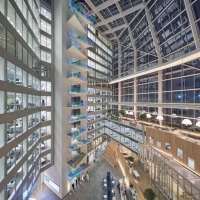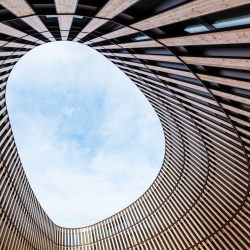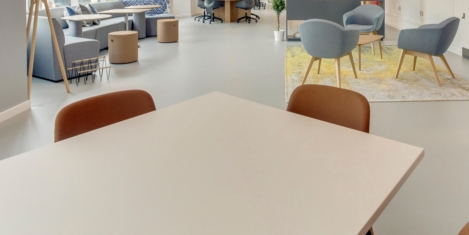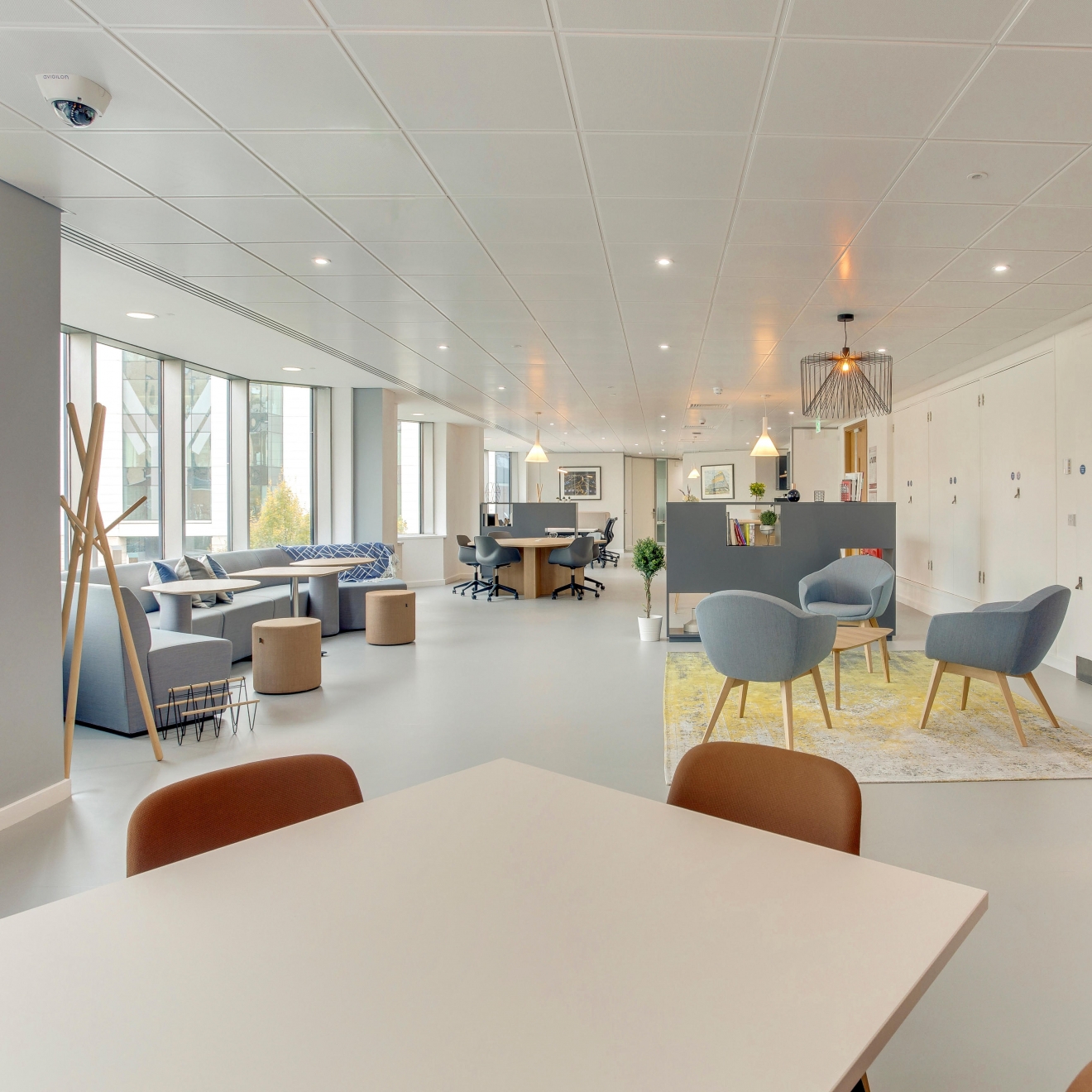February 4, 2020
Worst things bosses have said to employees dealing with cancer
 It’s not unreasonable for an employee diagnosed with cancer to look to their employer for assistance, but according to one support organisation, many employers handle the situation incredibly tactlessly. To coincide with World Cancer Awareness Day today, RedArc, which provides nurses for employees with serious or long-term health conditions, has issued a list of the worst things people with cancer reported hearing from their managers. Over the past year, its nurses logged statements such as, “Perhaps you should retire”, “You’ve had your treatment now, so you should be fine” and “How long will you be off?” (more…)
It’s not unreasonable for an employee diagnosed with cancer to look to their employer for assistance, but according to one support organisation, many employers handle the situation incredibly tactlessly. To coincide with World Cancer Awareness Day today, RedArc, which provides nurses for employees with serious or long-term health conditions, has issued a list of the worst things people with cancer reported hearing from their managers. Over the past year, its nurses logged statements such as, “Perhaps you should retire”, “You’ve had your treatment now, so you should be fine” and “How long will you be off?” (more…)






 Following reports that job applications on the first working Monday of the New Year spiked by 89 percent compared to the average Monday in December, many UK businesses may be missing a trick in their efforts to retain staff, new research has suggested. When researchers commissioned by
Following reports that job applications on the first working Monday of the New Year spiked by 89 percent compared to the average Monday in December, many UK businesses may be missing a trick in their efforts to retain staff, new research has suggested. When researchers commissioned by 
 A quarter of employees think challenging issues like workplace bullying and harassment are swept under the carpet in their organisation, a new report from the CIPD, the professional body for HR and people development, claims.
A quarter of employees think challenging issues like workplace bullying and harassment are swept under the carpet in their organisation, a new report from the CIPD, the professional body for HR and people development, claims. 























January 21, 2020
The vaguery of workplace serendipity
by Neil Usher • Comment, Facilities management, Technology, Workplace design